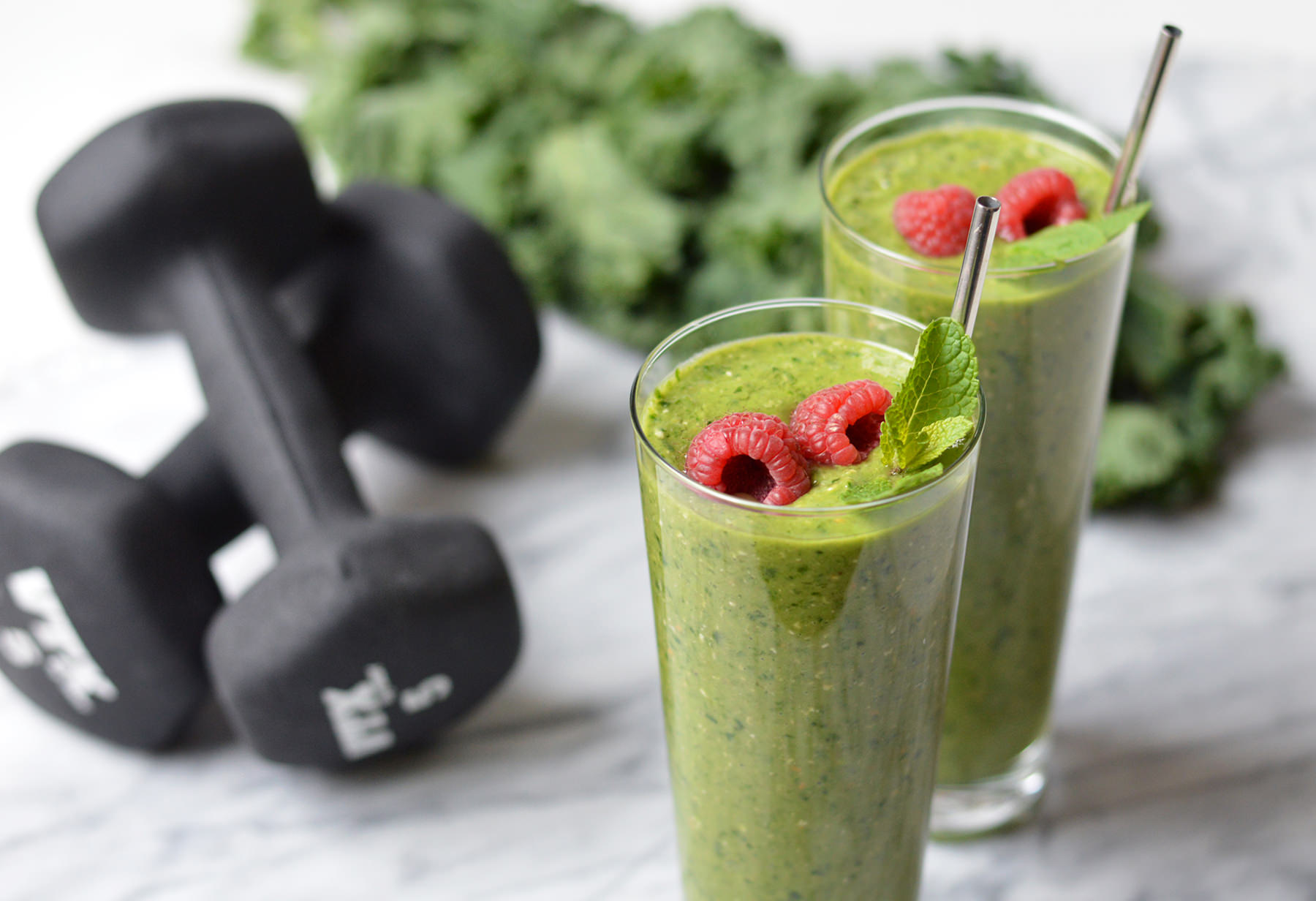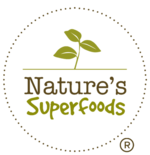-
No products in the cart.
Eat Right! Pre and Post Workout Nutrition

We’ve all heard the saying, “you are what you eat”. Your workout nutrition, which encompasses what you consume, is just as important as the actual workout session itself.
Did you know that nutrition plays a key role in managing energy, performance, and engagement? The importance of exercise and how it benefits our health is often talked about. However, people tend to overlook the importance of establishing a healthy lifestyle by having good nutrition and exercising.
The Importance of Good Nutrition while Working Out
A well-balanced diet allows us to perform well during exercise, reduce the risk of injuries, ensure better recovery, and maintain a healthy body weight. At the same time, it is important to note that nutrition requirements and goals are not static throughout the week or year. Instead, nutrition support should match the intensity of your exercise activities (low vs high intensity). Moreover, nutrition intake guidelines vary for everyone based on their body size, gender, and age. Thus, to better understand the dietary requirements of each individual, it is crucial to consider both the physiological requirements of the training session and their lifestyle.
What are Nutrients?
So, what exactly are nutrients? Nutrients are substances that lend support to one or more physiological or biochemical functions in the body. There are essential and non-essential nutrients. The former, essential nutrients, refer to nutrients that must be attained through our diet as they are either inadequately produced or cannot be produced in our body.
Understanding Pre & Post Workout Nutrition
When it comes to Pre and Post workout nutrition, it is important to know more about the essential macronutrients that should be consumed to increase performance. There are many misconceptions and myths surrounding this topic. Therefore, we have put together a list of the main aspects to focus on regarding this topic to ensure that your diet optimises your performance during your intense workout sessions.
Given our hectic lifestyles, people have resulted to buying store-bought products that are usually filled with processed sugars and preservatives. Hence, we have linked some of our own recipes that not only have clean ingredients and several superfoods but are also budget-friendly and quick, easy, and hassle-free to put together.
1. Pre-Workout Nutrition: Complex Carbohydrates
The main macronutrient that should be present in your pre-workout diet is Carbohydrates. Carbohydrates in your diet are the main fuel source that meets exercise energy requirements as there are limited amounts stored as glycogen in the muscle and liver. Hence, carbohydrates must be consumed to avoid hypoglycaemia, the depletion of muscle glycogen which, can trigger various symptoms such as fatigue, muscular weakness, headache, irritability, and inability to focus.
Despite the important role it plays, Carbohydrates are often portrayed as evil in the media. Contrary to popular belief, not all carbohydrates are bad for us. Unlike complex carbohydrates such as whole grains, muesli, and healthy breakfast cereals, which are extremely good for us, simple carbohydrates such as white bread, sweets, and jellies, are bad for our bodies.
Carbohydrate intake guidelines are as follows:
| Exercise Intensity | Duration (hours) | Carbohydrate requirements (g/Kg body weight/day) |
| Light | < 1 | 4.0-4.5 |
| Moderate | 1-2 | 5.5-6.5 |
| Heavy | 4-5 | 7.5-8.5 |
Made of complex carbohydrates and an abundance of superfoods such as goji berries and coconut oil, Nature’s Superfoods’ Banana Pancake recipe is a healthy pre-workout snack.
2. Post-Workout Nutrition: Protein + Carbohydrates (complex)
The main macronutrients that should be present in your post-workout diet are proteins and carbohydrates. Proteins are composed of the basic unit called amino acids which provide nutrients for tissue growth, repair, and recovery. 8 of the 22 amino acids are essential as they cannot be synthesized in the body and must be attained through one’s diet. Consumption of protein after a workout helps with muscle recovery and replenishes depleted protein stores in the body. The latest evidence shows that the quality and the timing of protein intake is more important than the total amount consumed. Quality sources of protein include lean white meats and plant-based protein powders.
The Sacha Inchi seed, an Amazonian superfood, is also a good source of protein and it is high in anti-inflammatory omega-3 which is perfect as a post-workout snack. The best recovery snack would thus be something that contains a carbohydrate-protein combination. Some nutritionally beneficial recipes to try out include:
- No-Bake Matcha Protein Balls: A healthy combination of healthy breakfast cereals and superfood powders like Nature’s Superfood vegan matcha protein powder, these no-bake snacks are surely one to munch on after an intense gym session.
- Blueberry Cacao Smoothie: Supercharged with antioxidants from blueberries, the plant-based protein powder in this smoothie will ramp up muscle recovery post-workout!
Protein intake guidelines are as follows:
| Group | Protein (g/Kg body weight/D) | E.g. 50 Kg person |
| Sedentary | 0.8-1.0 | 40-50 g |
| Endurance Athlete | 1.2-1.4 | 60-70 g |
| Strength Athlete | 1.6-1.7 | 80-85 g |
| Adolescent Athlete | 1.0-1.5 |
3. Hydration
Be it pre-exercise, during, or post-exercise, hydration is key as it helps to replace water loss and prevent heat exhaustion. Of all the essential sources that keep you hydrated, drinking enough water will suffice. However, if your exercise sessions last longer than an hour, then sports drinks are necessary. The sports drink solution should contain 4% – 8% of carbohydrates (glucose) as well as 0.5 g – 0.7 g of sodium per litre of water. It is also important to select a good sports drink that is not carbonated as drinking carbonated beverages after an intense workout session may lead to kidney damage. Choosing isotonic drinks that are non-alcoholic, have an appropriate amount of sugar, and contain ingredients that are not processed is also crucial.
Fluid intake guidelines include drinking 300-500 mL of water 2 hours before as well as 200 mL 15 minutes pre-exercise. Be sure to hydrate with 150-250 mL of fluids every 15-20 minutes during exercise and finally drinking until excretions are clear post-exercise.

